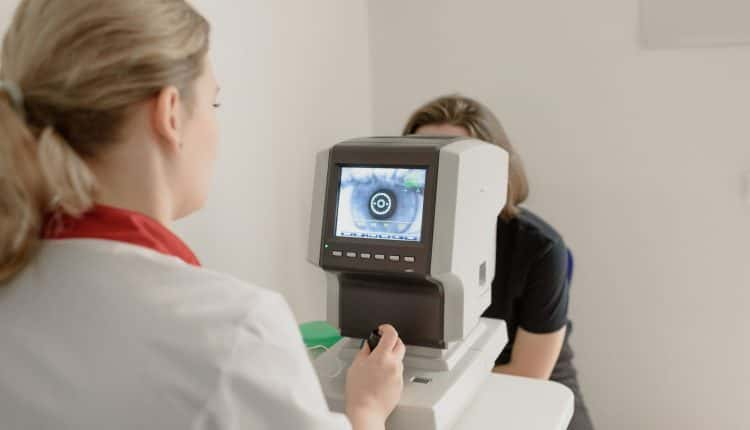
Your eyes serve as windows into your overall health. Your eyes convey a story that grows more complex and nuanced as you get older and add more chapters to your life. Medicare doesn’t cover all of your vision care needs, so it’s important to take care of your eyes.
Before you step into the eye doctor’s office, you must understand what Medicare covers and what expenses you might need to manage independently.
Routine Eye Exams and Coverage Gaps
As the years pass, changes in your eyesight become inevitable. Whether it’s difficulty seeing objects up close or challenges with distant vision, routine eye exams play a vital role in preserving your vision. Beyond assessing your eyesight, these exams can help update corrective lens prescriptions, ensuring your safety in daily activities like driving at night.
Moreover, routine eye exams might reveal underlying medical issues like diabetic retinopathy, emphasizing the connection between eye health and overall well-being. Bob Rees, Vice President of Medicare Sales and Member Loyalty at eHealth Inc., underscores the significance of vision care for seniors.
“It’s a common frustration among Medicare beneficiaries that Original Medicare does not cover eye exams,” he notes.
The straightforward answer is no. Medicare, particularly Medicare Part A and B, does not cover routine eye exams for eyeglasses or contact lenses. Additionally, glasses or contacts are only covered if you’ve recently undergone cataract surgery.
David Luna, a licensed Medicare agent and President of Connie Health, clarifies, “Medicare Part A or B does not cover routine eye exams,” highlighting the limitation in coverage for preventative eye care.
Read more: Explore For Free: National Parks Open To All For 6 Days In 2024
Preventative Care and Specialized Services

While routine eye exams may not be covered, there are specific situations where Medicare steps in to address potential medical conditions.
Yuna Rapoport, a board-certified ophthalmologist and CEO of Manhattan Eye, explains, “Medicare covers a complete medical eye exam, including a slit lamp and dilated fundus exam, vision, pressure, glaucoma, cornea, and macular degeneration testing.”
Medicare extends one-year eye exam coverage for individuals with diabetes-related vision problems. Additionally, if you are at high risk for glaucoma due to factors such as family history or ethnicity, Medicare covers one yearly eye exam.
Luna adds, “Medicare Part B will only cover an eye exam to diagnose vision problems, but the exam is covered even if you don’t have a vision problem.”
Some Medicare Advantage plans for those seeking expanded coverage include routine vision care and eyeglasses. Each program varies, so carefully review your specific project to understand the available benefits.
Read more: Plastic Recycling Directory Closes Amidst Lack Of Real Commitment

